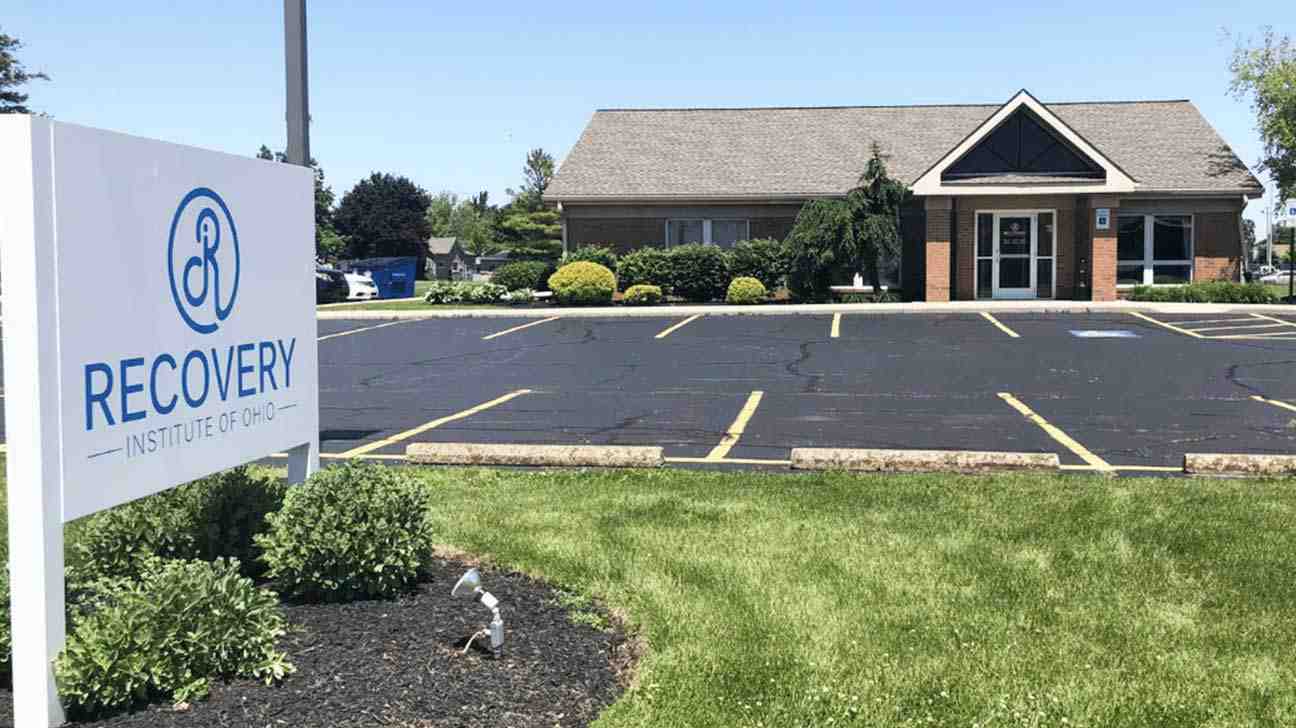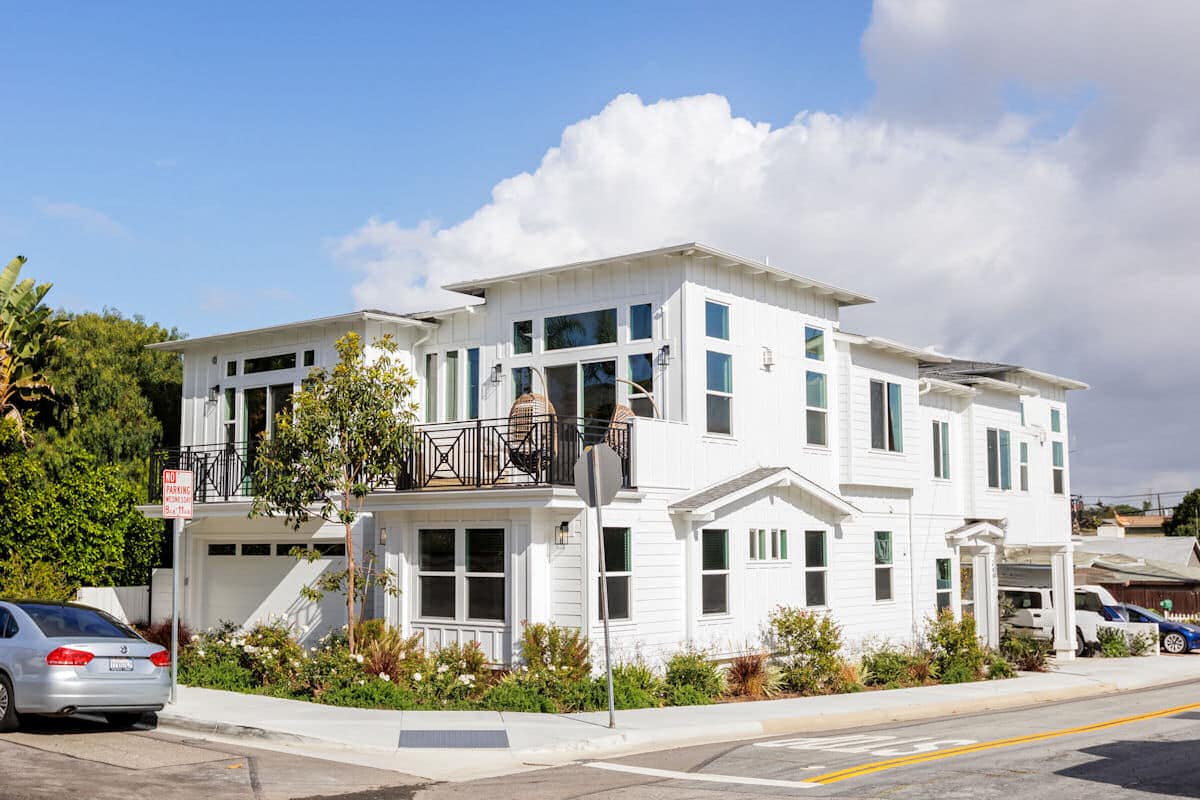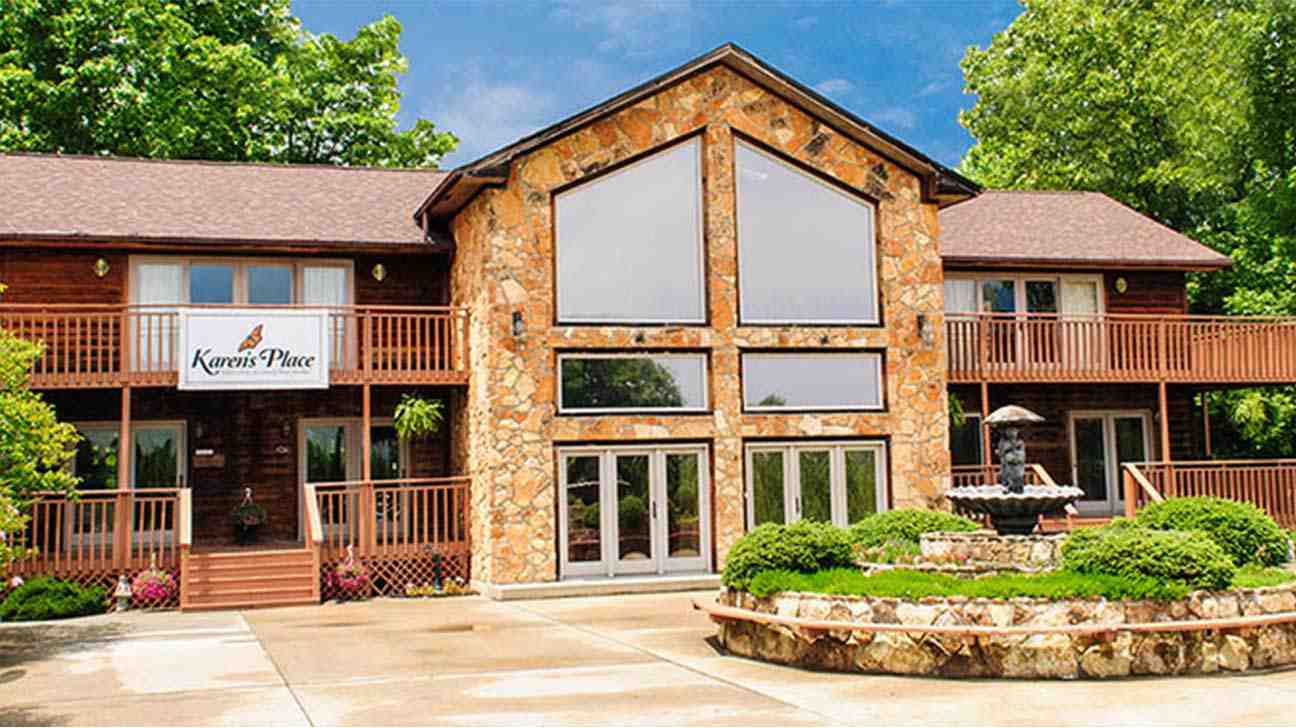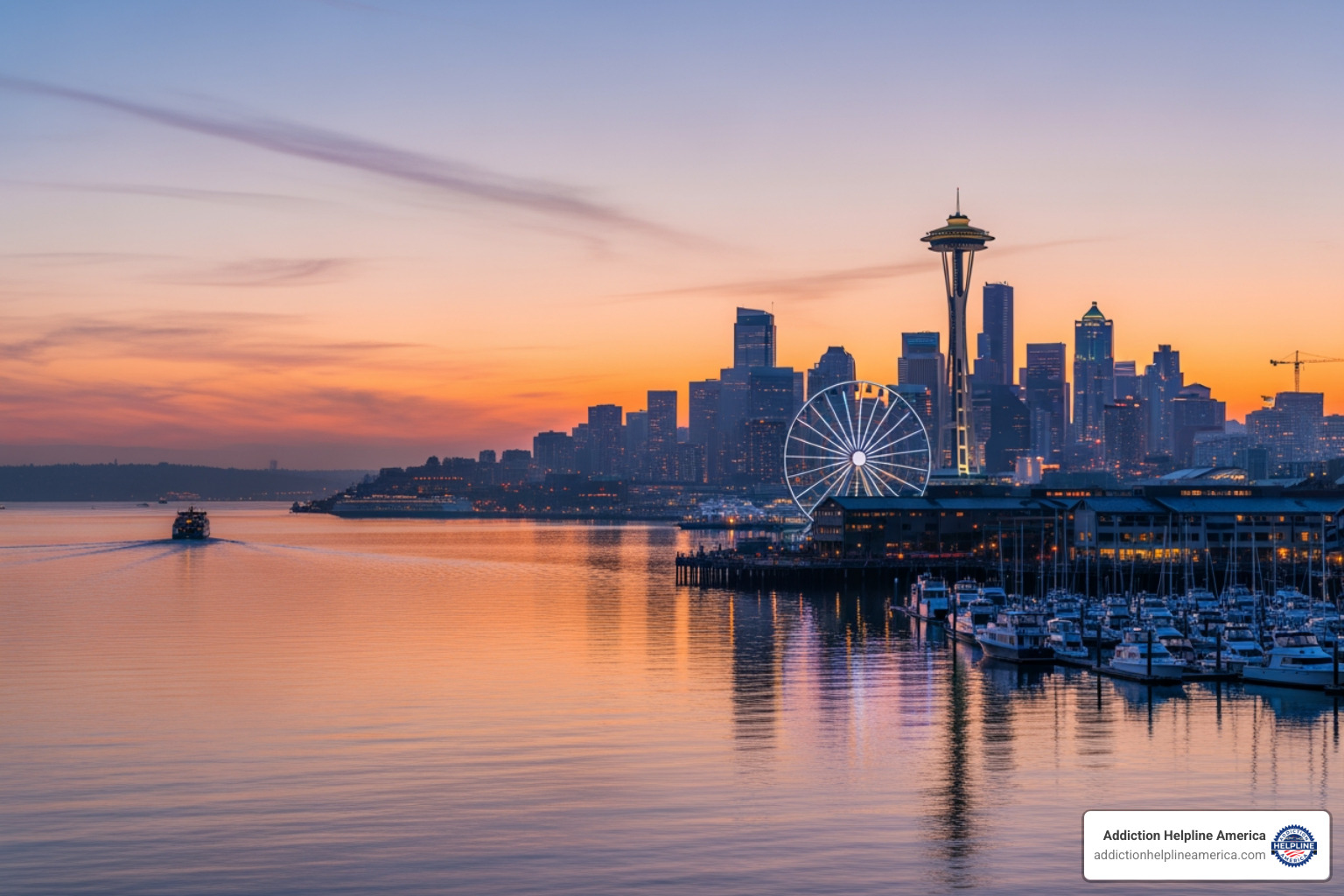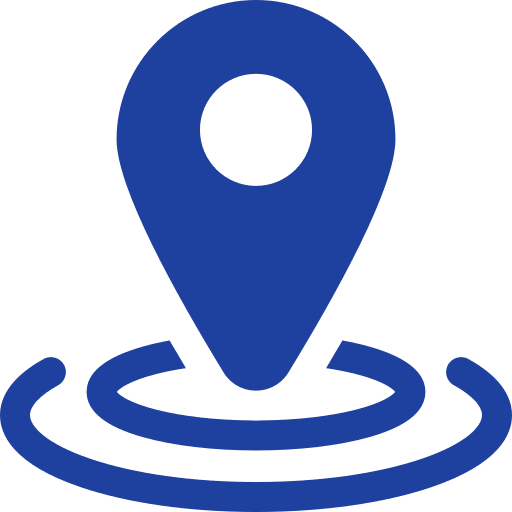
Take the First Step: How to Find Drug Treatment
Looking to find drug treatment? Here are immediate steps you can take:
- Contact a Helpline: Call the national 988 Suicide & Crisis Lifeline, or reach out to Addiction Helpline America for confidential support and treatment referrals.
- Search Online: Use trusted online resources to locate facilities near you.
- Understand Treatment Types: Learn about inpatient, outpatient, and residential programs to see what fits best.
- Check Payment Options: Inquire about insurance, Medicaid, or payment assistance plans.
Finding help for addiction can feel overwhelming, but you are not alone. More than 20 million Americans have a substance use disorder, often alongside mental health issues. Addiction is a complex, treatable brain disease, not a personal failing.
This guide will help you understand your options and connect with the right care, breaking down barriers and reducing the stigma of seeking help.
At Addiction Helpline America, we are experts in guiding individuals and families to find drug treatment. Our team connects callers with vital resources and treatment options, empowering them to start their recovery journey.
Key Find drug treatment vocabulary:
Understanding Your Treatment Needs and Options
When you’re ready to find drug treatment, know that recovery is personal. A professional assessment is the best starting point. A qualified professional can evaluate your substance use, identify co-occurring mental health conditions, and consider your circumstances to recommend the right level of care. At Addiction Helpline America, we guide you through these decisions. Our resources on Substance Use Disorder Treatment can help you understand the paths to healing.
Inpatient vs. Outpatient vs. Residential Care
Addiction treatment offers different levels of care. Understanding these options is a crucial step to find drug treatment that fits your life.
| Feature | Inpatient Treatment | Outpatient Treatment | Residential Treatment |
|---|---|---|---|
| Intensity | High (24/7 care) | Low to moderate (scheduled sessions) | Moderate to high (live on-site, structured environment) |
| Living Situation | Live at the facility | Live at home, attend sessions | Live at the facility, less restrictive than inpatient |
| Medical Supervision | Constant, including detox | Limited, may involve medication management | Available, but not typically 24/7 intensive medical |
| Flexibility | Very low | High (can maintain work/school) | Moderate (structured daily routine, but more freedom than inpatient) |
| Ideal Candidate | Severe addiction, unstable home environment, co-occurring disorders, need for detox | Mild to moderate addiction, stable home, strong support system, work/school commitments | Moderate to severe addiction, need for structured environment, stepping down from inpatient |
Inpatient rehab involves living at a facility full-time, usually for 30-90 days. It offers a highly structured environment with 24/7 medical supervision, ideal for those needing medical detox or managing severe addiction and co-occurring mental health issues. This immersive setting removes daily triggers, allowing a complete focus on healing. Our Inpatient Rehab Programs: The Complete Guide offers more detail.
Outpatient programs offer flexibility, allowing you to live at home and maintain work or school. You attend scheduled therapy sessions, which works well for milder substance use concerns or as a step-down from more intensive care. Our guide on Choosing the Right Rehab Facility can help you weigh your options.
Residential treatment is a middle ground, where you live at the facility in a structured but less medically intensive setting. The focus is on long-term lifestyle changes and building a supportive community, ideal for those needing a new environment without constant medical monitoring.
Specialized Treatment Programs
Many people seeking to find drug treatment also need care for other health conditions.
Dual diagnosis treatment addresses both substance use disorder and co-occurring mental health conditions like depression or anxiety. Since these issues often fuel each other, integrated programs that treat both simultaneously are essential for recovery. Our Mental Health Treatment Centers: Complete Guide explores this approach.
Medication-Assisted Treatment (MAT) combines FDA-approved medications with counseling. For opioid use disorder, medications like buprenorphine and methadone reduce cravings and withdrawal symptoms. This evidence-based approach provides medical support while addressing the psychological aspects of addiction. Learn more in our guide on What is Medication-Assisted Treatment?
Specific population programs are designed for unique needs. Youth and adolescents benefit from programs addressing developmental challenges, as detailed in our Youth Addiction Programs: A Complete Guide. Programs also exist for veterans, LGBTQ+ individuals, pregnant women, and older adults. Finding a program that understands your situation can make all the difference.
Call Now – Your Journey to Recovery Begins Today!

Take the first step towards a healthier life! Call now to connect with our compassionate team and start your recovery journey today. Your path to healing awaits!
Our recovery specialists are available 24/7 to provide support, and all calls are confidential and free. Reach out anytime – we’re here to help!
How to Find Drug Treatment Using Key Resources
When you’re ready to find drug treatment, the journey might feel overwhelming. However, many helpful national and local resources are available to guide you. Think of online directories, government programs, and dedicated helplines as your personal guides. At Addiction Helpline America, we are a central spot for free, confidential, and personalized guidance, connecting you with the right program from our large network across the United States.
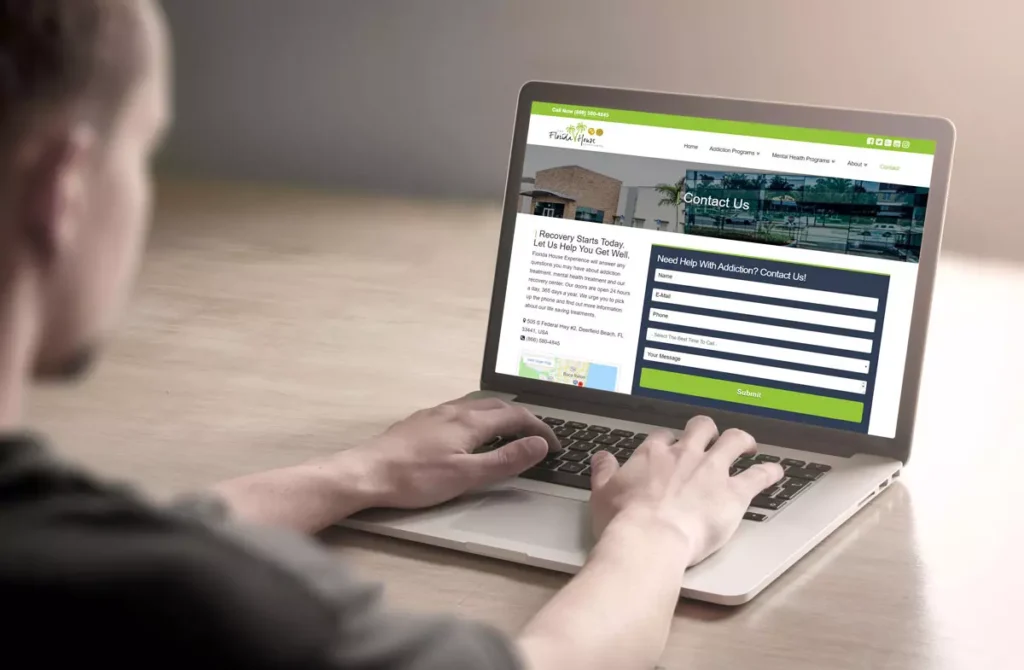
Using Addiction Helpline America: A Step-by-Step Guide to Find Drug Treatment
Our platform is easy to use and supportive. We ensure all conversations are confidential and anonymous.
Getting started is simple: contact us directly. Our team will listen and offer immediate support. We’ll then conduct a quick, confidential personalized assessment to understand your needs, including substance type, severity, mental health conditions, and location preferences. Our network covers all 50 states and the District of Columbia.
With your preferences, we can search by location and use filters to find the perfect fit. We can narrow choices by facility type (substance use or mental health centers), service setting (inpatient, outpatient, residential), payment options (private insurance, Medicaid, Medicare, self-pay, or payment assistance), and special programs (for veterans, youth, LGBTQ+ individuals). We can also find facilities with language services. SAMHSA also offers great language assistance services.
We connect you with facilities that keep their information up-to-date, often based on yearly government surveys like SAMHSA’s National Substance Use and Mental Health Services Survey (N-SUMHSS). Once we find suitable options, we help you make a direct connection with the treatment centers. To learn more, explore our guide on How to Use Our Directory.
State and Local Health Department Resources
Your state and local health departments are fantastic resources, offering information custom to your region. These agencies often have state-specific websites and programs to help residents find drug treatment and support services close to home. For example, many states offer dedicated online resources to help residents locate care.
Many health departments also champion harm reduction services to lessen the negative effects of drug use. These might include:
- Naloxone Access: This life-saving medicine can reverse an opioid overdose. Many programs offer free Naloxone and training. For instance, New Yorkers can order free Naloxone.
- Syringe Service Programs (SSPs): These programs provide clean syringes, safer smoking kits, and fentanyl test strips to reduce the spread of diseases like HIV.
- Peer-Based Services: People with lived experience in recovery use their journey to support others. They are often found at recovery centers and mutual support groups. The National Harm Reduction Coalition provides more information on these vital services.
Navigating the Financial Side of Rehab
When you’re ready to find drug treatment, the question of cost is a natural concern. For many, it can feel like a barrier. The good news is there are many ways to make treatment affordable. Financial planning is possible, and we’re here to help you understand your options.
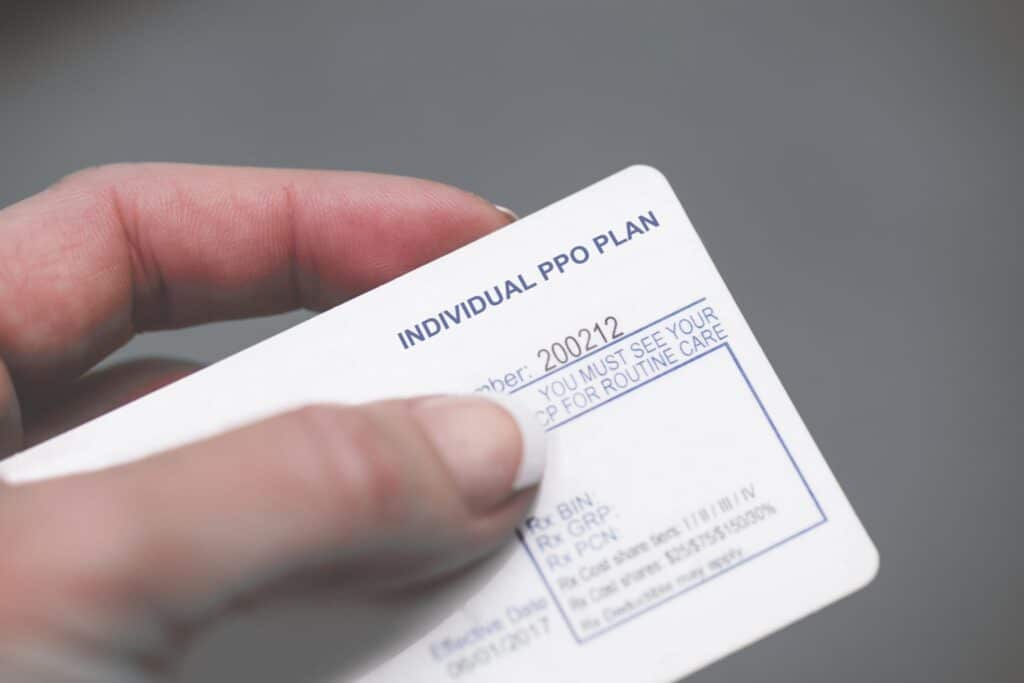
Common Payment Options for Treatment
Most treatment centers accept a variety of payment methods. Always ask centers about their options and how to check your coverage.
- Private Health Insurance: Many private plans cover some or all of addiction treatment. Coverage varies, so it’s best to verify your benefits. We can help you with this at Addiction Helpline America.
- Government-Funded Insurance: Programs like Medicare (for people 65+, or with certain disabilities) and Medicaid (for people with lower incomes) help cover medical costs.
- Private Pay (Self-Pay): If you pay for treatment yourself, many facilities offer payment plans or help you find financing options to spread out the cost.
- Military Insurance (TRICARE): This covers healthcare needs, including addiction treatment, for active-duty service members, retirees, and their families.
Verifying your insurance benefits is the best way to know your out-of-pocket costs. We can assist you with this process.
Finding Affordable or Free Drug Treatment
Cost should never stop someone from getting life-saving treatment. If you’re worried about affording care, explore these paths:
- Sliding Scale Fees: Many non-profit and public centers adjust costs based on your income.
- State-Financed Programs: State governments often fund treatment centers that offer low-cost or free services to residents. These are typically managed by state substance abuse agencies and can be found through public resources.
- Non-Profit Facilities: Many non-profits provide affordable treatment thanks to grants and donations.
- Payment Assistance Plans: Some private facilities offer internal payment plans or connect you with financing help. It never hurts to ask!
For more details, see our guide on Free Drug Rehab Centers. You deserve to find drug treatment, and we’re here to help you steer the financial side.
Call Now – Your Journey to Recovery Begins Today!

Take the first step towards a healthier life! Call now to connect with our compassionate team and start your recovery journey today. Your path to healing awaits!
Our recovery specialists are available 24/7 to provide support, and all calls are confidential and free. Reach out anytime – we’re here to help!
Immediate Help and Support for Families
When a loved one struggles with addiction, it affects everyone. It’s natural to feel overwhelmed, but you are not alone. Support is available for both the individual seeking to find drug treatment and their family.

Connecting with others and accessing immediate help are crucial. Support systems are vital for everyone involved.
Emergency Hotlines and Crisis Support
In a crisis or when you need to talk, these helplines offer confidential, 24/7 support.
- 988 Suicide & Crisis Lifeline: Free, confidential support for mental health crises. Call or text 988 for support.
- SAMHSA National Helpline: Treatment referral and information for mental and/or substance use disorders. Call 1-800-662-HELP (4357).
- Disaster Distress Helpline: Immediate crisis counseling for any disaster. Call 1-800-985-5990.
- Addiction Helpline America’s National Helpline: Our team provides confidential support and connects you with treatment options. Learn more on our Addiction and Rehab Hotlines page.
Resources for Family and Friends
Family and friends are heroes in the recovery journey. It’s important to care for your own well-being while supporting your loved one.
Many programs offer Family Therapy to improve communication, address family dynamics, and help everyone understand addiction as a disease.
Support Groups like Al-Anon and Nar-Anon provide a welcoming space to share experiences and find encouragement from others who understand. These peer-support groups are invaluable for coping with the emotional toll.
Education and Boundaries are also key. Learning about addiction reduces blame and fosters support. Setting healthy boundaries is good for you and crucial for your loved one’s recovery.
If you’re supporting a partner, our guide on Drug Rehabs for Couples Near Me offers custom advice.
Frequently Asked Questions about Finding Drug Treatment
When you’re trying to find drug treatment, it’s natural to have questions. We’ve answered some common concerns to help you feel more confident.
How do I know which level of care is right for me?
A professional assessment is the best way to determine this. A clinician will evaluate several factors:
- Severity of addiction: The type of substance, duration of use, and its impact on your life. More severe cases often require inpatient care.
- Co-occurring disorders: If you have mental health challenges like depression or anxiety, you’ll need a dual diagnosis program that treats both conditions.
- Personal support system: A stable, supportive home environment may be suitable for outpatient treatment. If your home is a source of triggers, residential care might be better.
- Treatment history: Past experiences can help determine what might be more effective this time.
The goal is to find the right balance of structure and support for your best chance at lasting recovery.
Is my search for treatment confidential?
Yes, absolutely. Your privacy is protected at every step.
- Search tools like online directories are anonymous. Your personal information is not tracked.
- Hotlines like the 988 Lifeline, SAMHSA’s National Helpline, and Addiction Helpline America are completely confidential.
- Patient privacy laws (HIPAA) require treatment facilities to keep your records confidential. They cannot share your information without your written consent, except in rare safety-related situations.
Protecting your privacy creates a safe space for you to seek help without fear of judgment.
What happens after treatment ends?
Recovery is a lifelong journey that continues after a program ends. A solid aftercare plan is key.
Before you leave, you’ll create an aftercare plan with your treatment team. This roadmap may include ongoing therapy, support group meetings, and relapse prevention strategies. Many people transition to sober living homes, which provide a structured, substance-free environment to practice new skills.
Ongoing therapy and support groups like Alcoholics Anonymous (AA) or Narcotics Anonymous (NA) are cornerstones of long-term recovery. They provide professional guidance and a community of peers who understand your journey. You’ll learn to use relapse prevention strategies to identify and manage personal triggers.
With the right support and tools, you can build a fulfilling life in recovery. For more guidance, our article on Staying Sober: Tips for Long-Term Recovery offers practical advice.
Call Now – Your Journey to Recovery Begins Today!

Take the first step towards a healthier life! Call now to connect with our compassionate team and start your recovery journey today. Your path to healing awaits!
Our recovery specialists are available 24/7 to provide support, and all calls are confidential and free. Reach out anytime – we’re here to help!
Conclusion: Your Path to Recovery Starts Today
If you’ve read this guide, you’ve already taken a courageous step: educating yourself on how to find drug treatment. We want you to know that recovery is possible. Millions of Americans have found their way to healthier, more fulfilling lives, and you can too.
We’ve covered the different levels of care, specialized programs, financial options, and support resources for you and your family. Knowing your options is the first part; taking action is the next. It’s normal to feel overwhelmed or afraid, but you don’t have to do it alone.
Addiction Helpline America exists to walk alongside you. Our team provides free, confidential, and personalized guidance to help you find drug treatment that fits your unique needs. We connect people with quality treatment centers from our network spanning all 50 states and the District of Columbia. When you call us, you get a compassionate partner who understands.
Your recovery journey starts with a single decision to reach out. That life you want, free from addiction, is within reach.
Don’t wait. Your path to recovery starts today. Explore different types of treatment programs to find the right fit for you, and remember that help is just a phone call away.
Our helpline is 100%
free & confidential
If you or someone you care about is struggling with drug or alcohol addiction, we can help you explore your recovery options. Don’t face this challenge alone—seek support from us.
Programs
Resources
Will my insurance
cover addiction
treatment?
We're ready to help
Find the best
drug or alcohol treatment
center
Are you or a loved one struggling with addiction? Call today to speak to a treatment expert.






